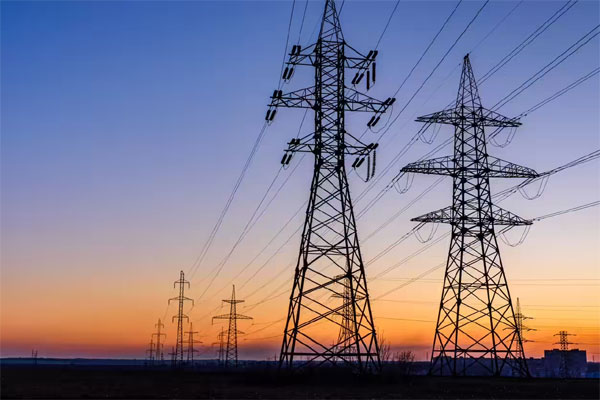Daijiworld Media Network - New Delhi
New Delhi, Nov 23: The government on Saturday announced that the Electricity (Amendment) Bill, 2025 introduces sweeping reforms aimed at modernising India’s power sector, increasing competition in distribution, strengthening regulatory mechanisms, and ensuring fair and transparent pricing.
According to an official statement, the Bill is designed to address long-standing challenges such as chronic financial losses faced by distribution companies (discoms) due to low billing efficiency and high aggregate technical and commercial (AT&C) losses. It also tackles the absence of competition in electricity supply, which currently forces consumers to rely on a single discom, limiting service quality and innovation. Another critical issue the Bill seeks to correct is widespread cross-subsidisation, where industrial consumers bear inflated tariffs to subsidise other categories, reducing the global competitiveness of Indian manufacturing.

A key feature of the legislation is the introduction of regulated competition in power distribution, allowing multiple licensees to operate within the same geographical area using shared, optimised infrastructure. To safeguard consumer interests, the Bill mandates a Universal Service Obligation (USO) for all distribution licensees, ensuring non-discriminatory access and supply. It also allows State Electricity Regulatory Commissions (SERCs), in consultation with state governments, to exempt licensees from the USO for large consumers eligible for Open Access (those with demand above 1 MW).
The Bill promotes cost-reflective tariffs while ensuring farmers and low-income households continue to receive subsidised power through transparent and budgeted state subsidies under Section 65. It further seeks to eliminate cross-subsidies for manufacturing industries, railways and metro rail networks within five years, enhancing their operational competitiveness.
To strengthen regulatory oversight, the amendment empowers Appropriate Commissions to regulate wheeling charges, curb unnecessary duplication of distribution networks, enforce compliance standards, and initiate tariff determination suo moto if applications are delayed.
The Bill also incorporates provisions for integrating Energy Storage Systems (ESS) into the electricity framework, clearly defining their role in grid stability and future energy planning.
Additionally, an Electricity Council will be constituted to facilitate Centre–State coordination, policy alignment and consensus-building — a step seen as crucial for implementing reforms across diverse power markets.
The Electricity (Amendment) Bill, 2025 is being positioned as a transformative reform essential for a rapidly expanding economy, while fully safeguarding subsidised tariffs for farmers and economically vulnerable households, the government emphasised.